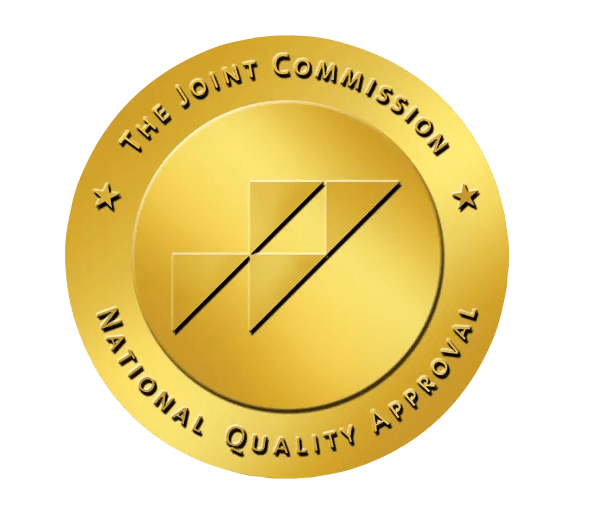How the COVID-19 Pandemic Has Affected Addiction
COVID-19 and Its Effect on Addiction

The COVID-19 pandemic has affected every aspect of our lives, from social interaction and work conditions to dressing and hygiene. Addiction has not been spared, with COVID-19 having a bi-directional relationship with the disease.
Not only has it worsened the addiction epidemic, but it has also affected addicts’ health outcomes when it comes to the disease.
Also Read: How Biology Influences Addiction→
1. Effect on Addicts and on Those in Recovery
The pandemic has increased stressors – from people losing their jobs to panicking about their health, mental health has been on the decline. While this is problematic in the general population, those suffering from Substance Use Disorder (SUD) are especially vulnerable since this can trigger a relapse.
Because social interactions and group activities have been discouraged, those in recovery who depended on social support and structure may relapse.
Addicts who are now using drugs alone are also in danger because there’s no one to monitor them or call emergency services in case of an overdose.
In fact, research conducted by the Overdose Detection Mapping Application Program (ODMAP) has shown an increase in drug overdoses during the pandemic. A shortage of drugs has also resulted in addicts obtaining contaminated or toxic substances.
2. Greater Risk of Poor COVID-19 Outcome
Substance Use Disorder (SUD) has an adverse effect on health, from weakening the immune system to affecting organs like lungs and the liver, to developing issues like heart disease, high blood pressure, liver disease, and respiratory illnesses.
Therefore, not only are addicts at a higher risk of COVID-19, but they’re also more likely to experience worse symptoms and outcomes.
This is especially troubling since COVID-19 is known to target the respiratory system.
3. Increase in Substance Use Effects Mental Health
Alcohol and drug consumption has also increased in the general population. According to research conducted by Nielsen, the sale of alcoholic beverages in the U.S. rose by 55% at the beginning of the pandemic, i.e., the week ending March 21, 2020.
Social isolation, coupled with uncertainty, job loss, anxiety, and panic has also led individuals to find refuge in substance use.
This can result in binge drinking and can even trigger addiction in high-risk populations.
The CDC has reported that 13% of Americans have admitted to either beginning or increasing substance use because of the stressors related to the pandemic.
4. Difficulty Accessing Resources
Because of social distancing guidelines, lockdown and stay-at-home orders, and the strain on the medical system, accessing treatment was especially difficult at the start of the pandemic.
However, this is no longer the case – systems have evolved to meet these needs, with telemedicine becoming common and groups like Alcoholics Anonymous and Narcotics Anonymous meeting virtually.
Conclusion
Even with facilities now open, many are concerned about infection.
However, facilities like Pathways Recovery Centers have taken steps to ensure patient safety and have enforced strict hygiene measures.
Whether you’re experiencing cravings or have relapsed, it’s essential that you contact family or friends and get help.
Pathways Recovery Centers offer several different programs to suit your individual needs. Seek treatment today! Be sure to Contact Pathways Recovery Centers with any questions.












